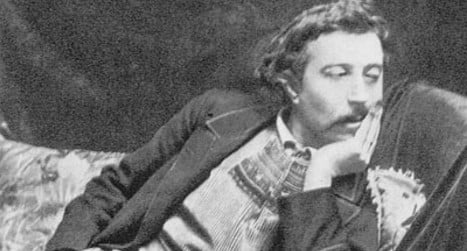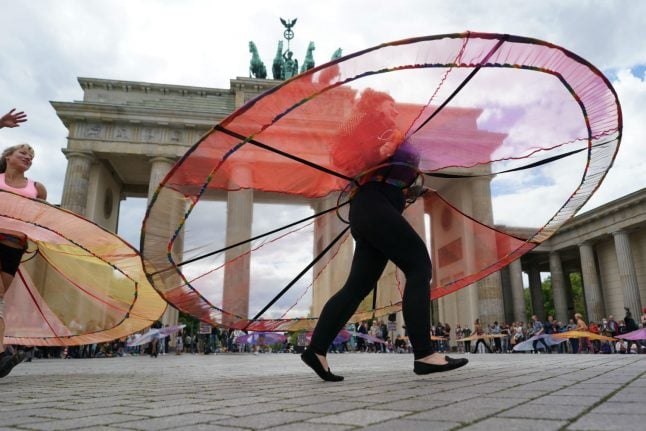Gauguin's "Fruit on a table or small dog" and Bonnard's "Woman with two chairs," which were stolen from a family house in the British capital, were recovered from an Italian factory worker who had hung them in his kitchen for almost 40 years.
The Gauguin painting is worth between €10 and €30 million ($13 and $41 million) while the Bonnard is valued at some €600,000, Italy's heritage police said at a press conference on Wednesday.
The paintings turned up in a lost property department at a train station and were sold at auction in 1975 to a worker at a Fiat factory, who bought them for 45,000 Italian lire, or €23. He hung them on the wall of his kitchen.
"It's an incredible story, an amazing recovery. A symbol of all the work which Italian art police have put in over the years behind the scenes," Italy's Culture Minister Dario Franceschini told journalists.
The paintings were found last month after a lengthy investigation, which began when police received a tip off that they may have been stolen.
Investigators trawled through back catalogues of exhibitions from the time of the theft, from which the 1889 Gauguin mysteriously disappeared after it was stolen.
They then used newspaper reports about the 1970s theft in The New York Times and a Singaporean paper to trace the paintings back to the London-based family.
"The two paintings were presumably left on a train from Paris to Turin," said Mariano Mossa, who heads up the heritage police.
"They were bought by an art-loving worker, who hung them for 40 years in his kitchen, first in Turin then in Sicily, after he retired," he said.
Italy opened a special department to investigate art thefts in 1969, the first in the world, which is situated in a Baroque palace in the centre of Rome's bustling tourist centre.
The heritage police manages the largest data bank on stolen art in the world, with details on some 5.7 million objects.
Last year they found a painting by Russian-born Jewish artist Marc Chagall, "Le Nu au Bouquet," in a private collector's home in Bologna that had been stolen from a US tycoon's yacht in Italy in 2002.
They also investigated the theft of possibly thousands of rare books from the Girolamini Library in Naples, which were allegedly smuggled out and sold internationally by its former director.
Mossa said in January that "the turnover generated by the illegal sale of works of art comes fourth on a world level behind the sale of weapons, drugs and financial products."
Don't miss a story about Italy – Join us on Facebook and Twitter.



 Please whitelist us to continue reading.
Please whitelist us to continue reading.
Member comments